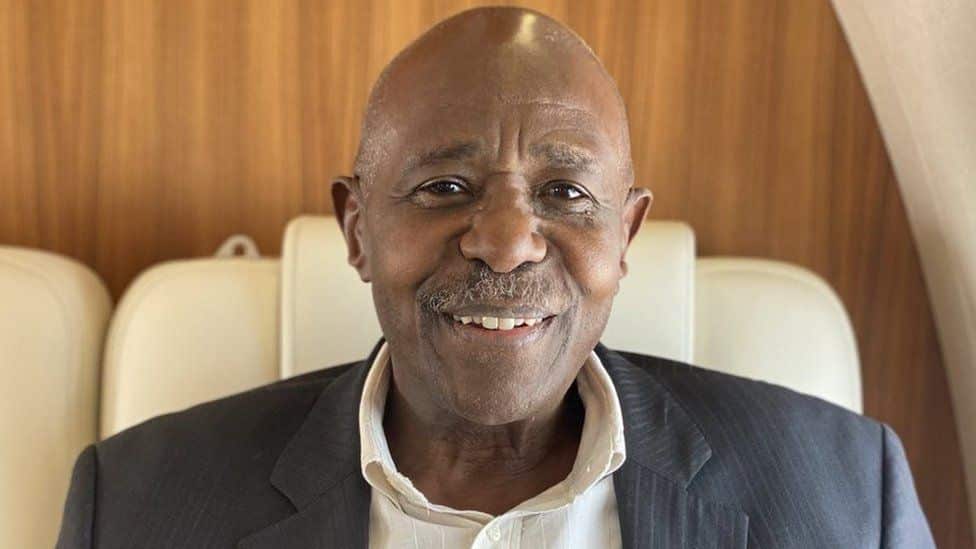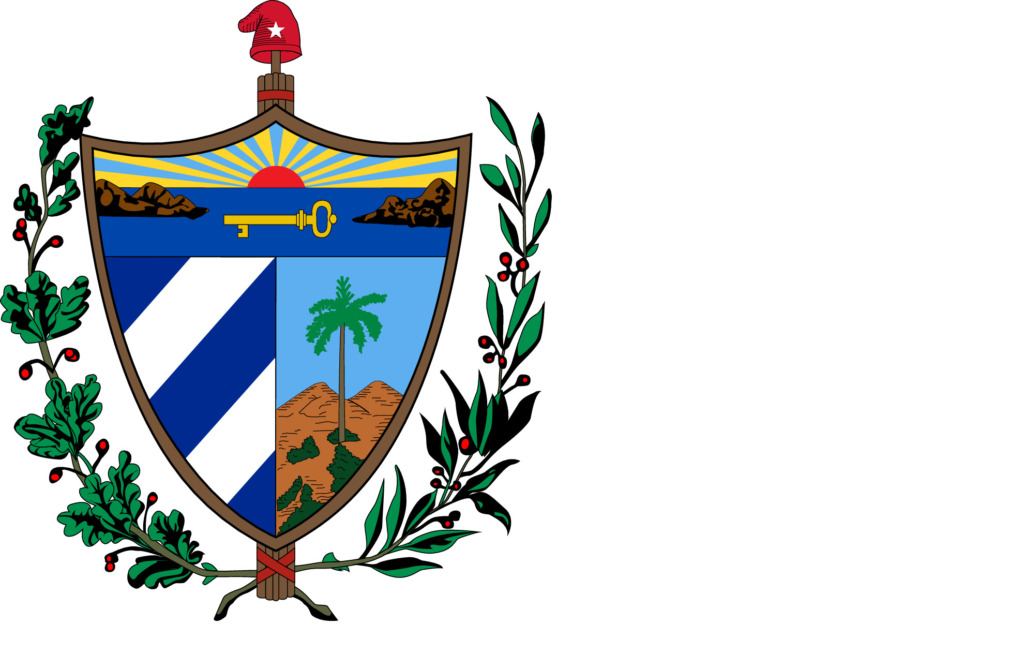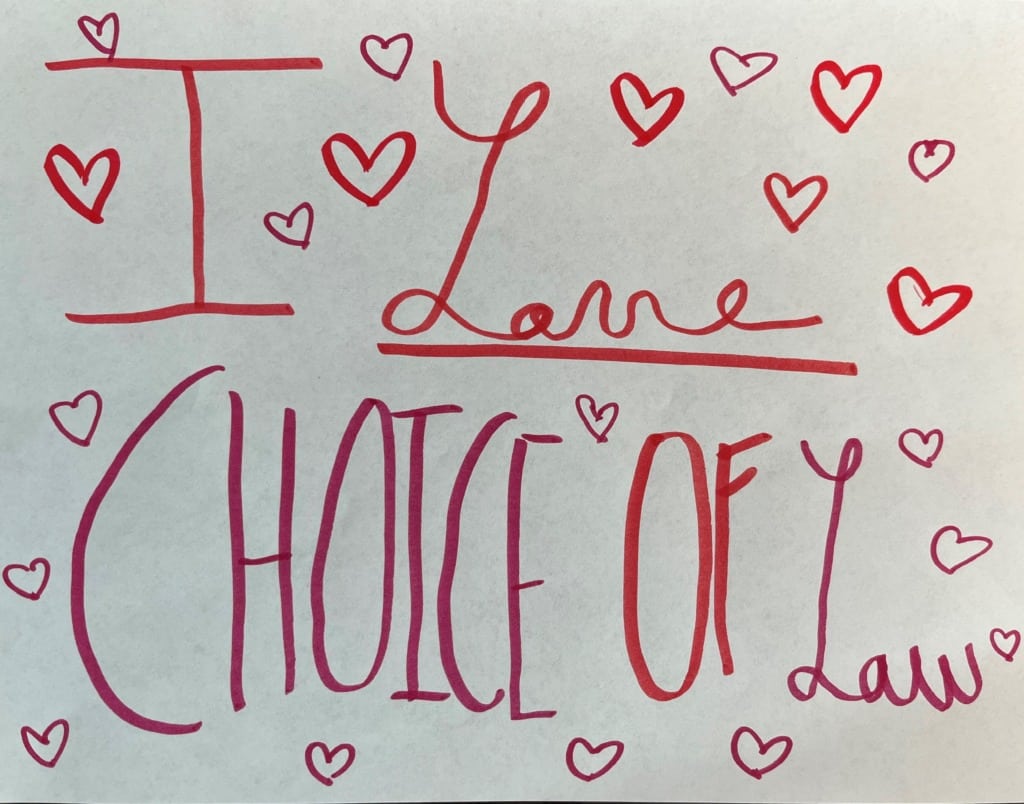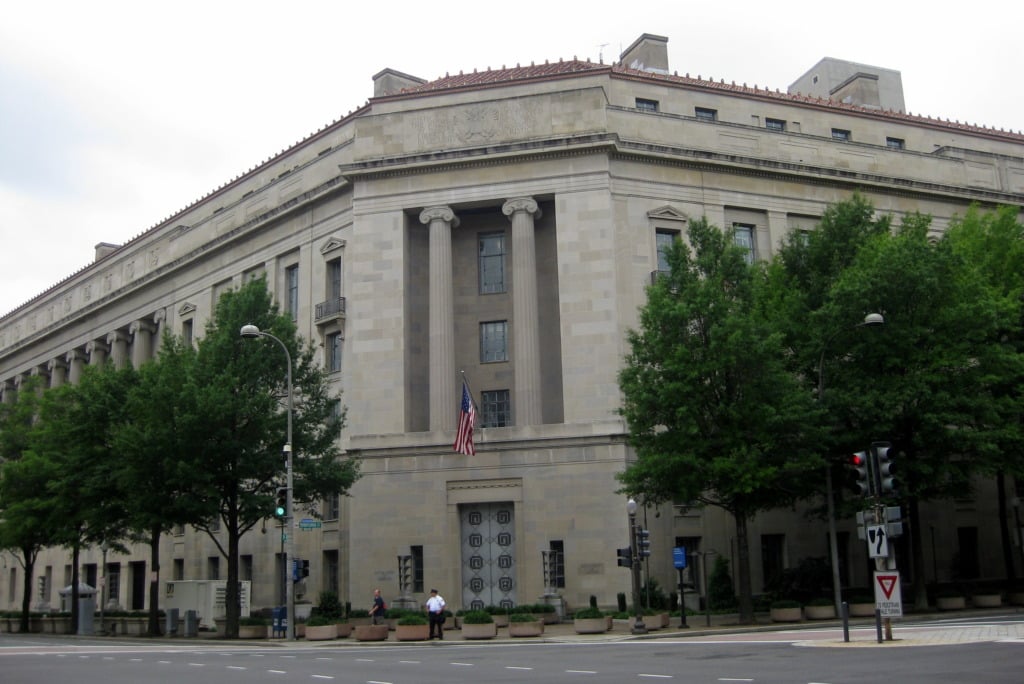Using TLB to Teach Foreign Relations Law
This post discusses Foreign Relations Law as part of our series explaining how professors can use resources on TLB to teach various classes. Previous posts have discussed Transnational Litigation, Civil Procedure, International Business Transactions, and Conflict of Laws. Although TLB focuses on litigation, and Foreign Relations Law classes cover many topics that are rarely litigated, there is significant…
Continue ReadingWhen Is International Law a Political Question?
In a provocative essay posted on SSRN, The Political Question Doctrine and International Law, TLB Advisor Curt Bradley looks at the historical relationship between the political question doctrine and international law, arguing that “the political question doctrine emerged in part to allow the political branches, rather than the courts, to make determinations about this country’s—and…
Continue ReadingOfficials Who Kidnapped Hotel Rwanda Hero Are Not Immune from Suit
In 1994, Paul Rusesabagina was the manager of a hotel in Kigali, Rwanda. During the genocide, he sheltered 1,268 Hutu and Tutsi refugees, all of whom survived. His courage inspired the film “Hotel Rwanda,” and in 2005 President Bush awarded him the Presidential Medal of Freedom. Rusesabagina became a human rights advocate and vocal critic…
Continue ReadingThrowback Thursday: Forty Years of the Bancec Test
The Supreme Court’s 1983 decision in First National City Bank v. Banco Para El Comercio Exterior de Cuba was saddled with a cumbersome mouthful of a title, one confusingly similar to a 1972 opinion in another important case, First National City Bank v. Banco Nacional de Cuba. Fortunately, the 1983 decision was quickly dubbed Bancec, an…
Continue ReadingChoice of Law in the American Courts in 2022
The thirty-sixth annual survey on choice of law in the American courts is now available on SSRN. The survey covers significant cases decided in 2022 on choice of law, party autonomy, extraterritoriality, international human rights, foreign sovereign immunity, foreign official immunity, the act of state doctrine, adjudicative jurisdiction, and the recognition and enforcement of foreign…
Continue ReadingExecutive Control Versus “Deference” in Halkbank
On January 17, the Supreme Court heard oral argument in Turkiye Halk Bankasi A.S. v. United States(Halkbank) on whether the Foreign Sovereign Immunities Act (FSIA) applies to criminal prosecutions. One argument advanced by the government in Halkbank (and other immunity cases) is that the executive branch has absolute control over immunity determinations not governed by…
Continue ReadingThe Executive Does Not Control Common Law Immunity
A previously reported on TLB, the Supreme Court granted certiorari in Türkiye Halk Bankasi, A.S. v. United States, to decide whether a bank owned by Turkey is entitled to foreign state immunity from federal criminal prosecution. Halkbank was indicted for evading sanctions against Iran. Both lower courts denied immunity to Halkbank, reasoning in part that…
Continue ReadingIs MBS Entitled to Head of State Immunity?
Editor’s Note: This article also appears in Just Security. In 2018, Saudi security agents brutally murdered journalist Jamal Khashoggi at Saudi Arabia’s consulate in Istanbul, Turkey. U.S. intelligence agencies concluded that Crown Prince Muhammad bin Salman (MBS) approved the operation. In 2020, Khashoggi’s widow and a non-profit organization that he helped found sued MBS and…
Continue ReadingThrowback Thursday: American Banana and the Presumption Against Extraterritoriality
Today, it is “well established” that U.S. antitrust law applies extraterritorially to foreign conduct that causes substantial effects in the United States, but this was not always true. When the Supreme Court first addressed the geographic scope of the Sherman Act in 1909, it held that the act applied only to conduct in the United…
Continue ReadingWhen Should Federal Common Law Govern Transnational Litigation?
The conventional wisdom is that transnational litigation “can trigger foreign relations concerns.” Because the federal government has primary responsibility for the United States’ relations with other nations, the question naturally arises whether federal law should govern such litigation even when neither a federal statute, nor the U.S. Constitution, nor a treaty is applicable. Currently, as…
Continue Reading- « Previous
- 1
- 2
- 3
- Next »






